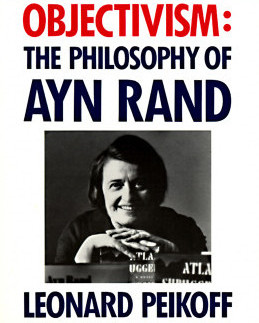An excerpt from chapter 1 on Reality from Objectivism: The Philosophy of Ayn Rand by Leonard Peikoff.
Now let us apply the principles we have been discussing to two outstanding falsehoods in the history of metaphysics: idealism and materialism.
The idealists—figures such as Plato, Plotinus, Augustine, Hegel—regard reality as a spiritual dimension transcending and controlling the world of nature, which latter is regarded as deficient, ephemeral, imperfect—in any event, as only partly real. Since “spiritual,” in fact, has no meaning other than “pertaining to consciousness,” the content of true reality in this view is invariably some function or form of consciousness (e.g., Plato’s abstractions, Augustine’s God, Hegel’s Ideas). This approach amounts to the primacy of consciousness and thus, as Ayn Rand puts it, to the advocacy of consciousness without existence.
In regard to epistemology, Ayn Rand describes the idealists as mystics, “mystics of spirit.” They are mystics because…
Read the rest in Objectivism: The Philosophy of Ayn Rand.
